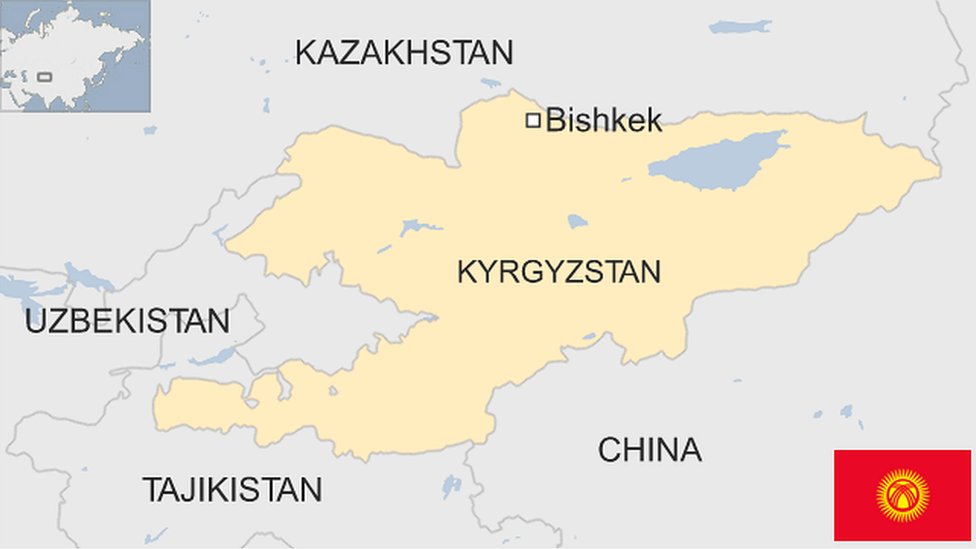Kyrgyzstan election: Protesters storm parliament over vote-rigging claims
- Published
Thousands of demonstrators have taken to the streets of the capital Bishkek
Protesters in Kyrgyzstan calling for the country's parliamentary election to be annulled have broken into parliament in the capital, Bishkek.
Footage showed people in the office of President Sooronbai Jeenbekov, and throwing paper from windows. Parts of the building appeared to be on fire.
The break-in follows a day of clashes with police, who initially dispersed crowds with water cannon and tear gas.
The clashes come amid allegations of vote-rigging in last Sunday's election.
One person died and nearly 600 were injured in the unrest, according to the Health Ministry.
President Jeenbekov has appealed for a return to order, accusing "certain political forces" of attempting to illegally seize power.
He has met opposition party leaders and said he would annul the results of the election if necessary.
Following the vote, only four parties out of 16 passed the 7% threshold for entry into parliament, three of which have close ties to President Jeenbekov.
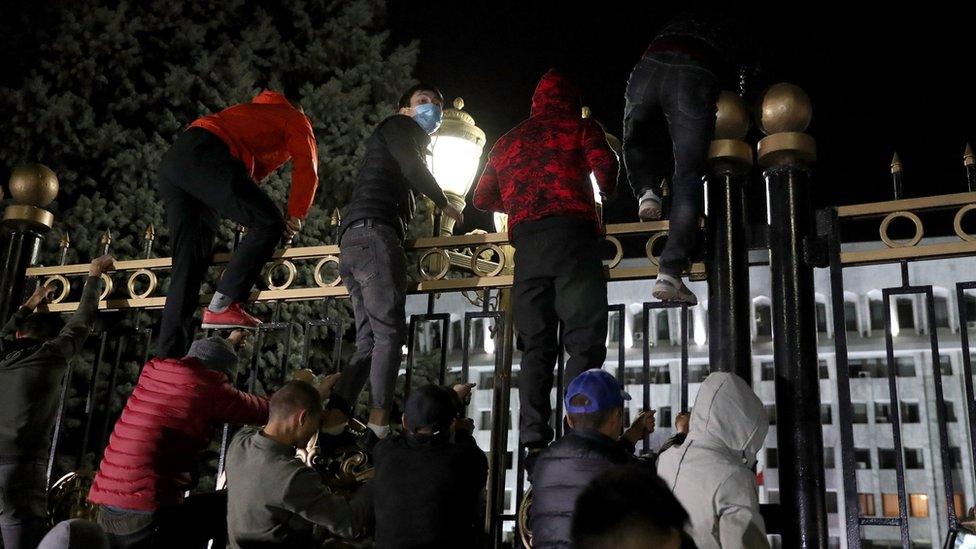
Opposition protesters against the parliamentary election results storm a government building
On Monday, police used stun grenades to disperse thousands of protesters in Ala-Too square, before following them into nearby streets.
But demonstrators later flooded back into the central square before storming the parliament building, known as the White House.
Video footage shared on social media showed opposition protesters gaining access to the complex, some by climbing fences and others by pushing open the main gates. Later, smoke could be seen billowing out of the building.
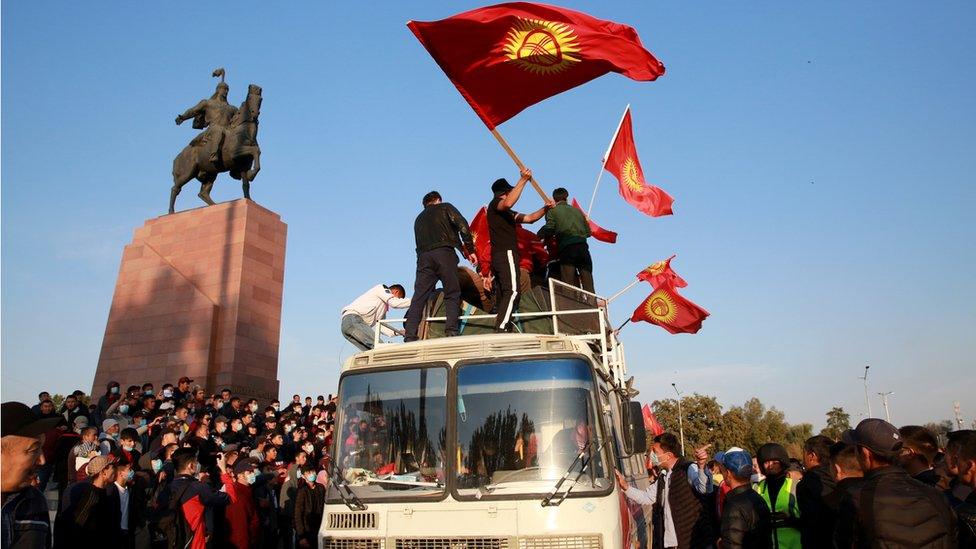
Thousands of protesters gathered in Ala-Too square in Bishkek amid allegations of vote-rigging
Protesters also released Kyrgyzstan's former President Almazbek Atambayev, who was being held in a remand centre at the State National Security Service awaiting a trial for corruption offences, the local AKIpress news agency reported.
Groups close to the president have been accused of vote-buying and voter intimidation - claims international monitors say are "credible" and a cause for "serious concern".
On Monday, 12 opposition parties jointly declared that they would not recognise the results of the vote.
Later, President Jeenbekov's office said that he would on Tuesday meet leaders from all 16 parties that competed in the election, in a bid to defuse tensions.
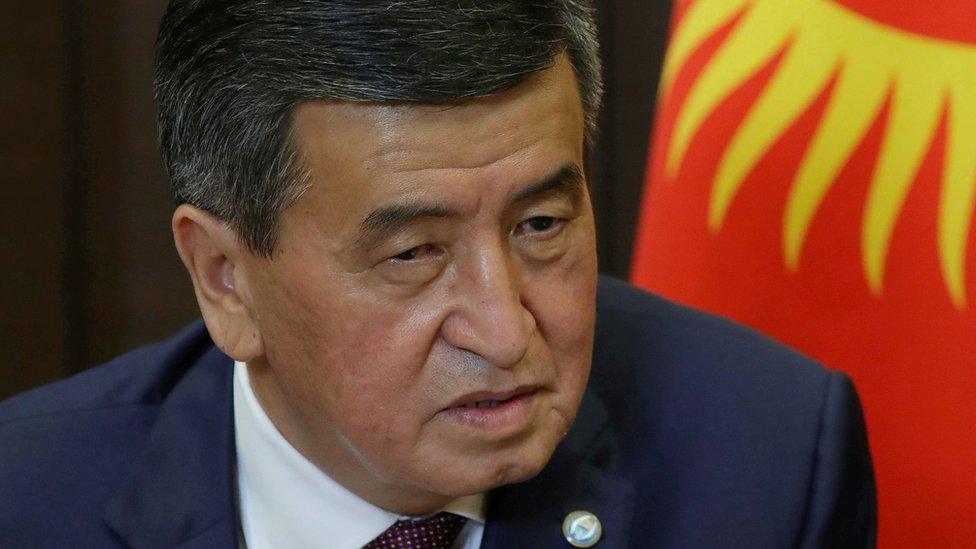
Two parties with close ties to President Sooronbai Jeenbekov each took 25% of the vote
Opposition candidates also called on the Central Electoral Commission to cancel the results of the election.
One candidate, Ryskeldi Mombekov, told a crowd of more than 5,000 protesters on Monday: "The president promised to oversee honest elections. He didn't keep his word."
Mr Mombekov's party, Ata Meken, had been confident of entering parliament, but in the end it was one of the eight parties that missed the threshold. Ata Meken leader Janar Akaev suffered a leg injury in the protests on Monday.
Protesters were also calling on President Jeenbekov to resign.
Thomas Boserup, head of the election observation mission of the Organisation for Security and Cooperation in Europe (OSCE), said in a briefing that although the vote had been "generally well organised", allegations of vote buying were a "serious concern".

How the protests escalated
Almaz Tchoroev, BBC News, Bishkek
The police used water cannon, stun grenades and tear gas on demonstrators.
They first used force to disperse protesters in the main square, but as the crowds moved into other streets in Bishkek, police continued to go after them.
Reports of injuries then began to emerge - both among the protesters and the police.
There were about 5,000 people protesting in Ala-Too square, and the demonstration was largely peaceful for most of the day. But at about 20:10 local time (14:10 GMT), a smaller group of protesters splintered off and went to the parliament building. When they got there, they reportedly tried to break through the gates.
This is what triggered the police response. The police had said that they wouldn't interfere in the protests as long as they stayed peaceful - but this was seen as a provocative act.
The demonstrators were initially dispersed, but they later returned and successfully gained entry to the parliament building.

The two leading parties, which got a quarter of the vote each, were Birimdik and Mekenim Kyrgyzstan.
President Jeenbekov's younger brother, Asylbek Jeenbekov, is a member of Birimdik.
Mekenim Kyrgyzstan, meanwhile, is seen as being closely connected to the powerful Matraimov family. The family's figurehead, Rayimbek Matraimov, was the target of anti-corruption protests last year and is believed to have helped finance Mr Jeenbekov's successful presidential campaign in 2017.
Late on Monday, Birimdik announced that it would be open to a re-run of Sunday's election, and called on other parties that had crossed the 7% threshold to do the same.

- Published5 October 2020
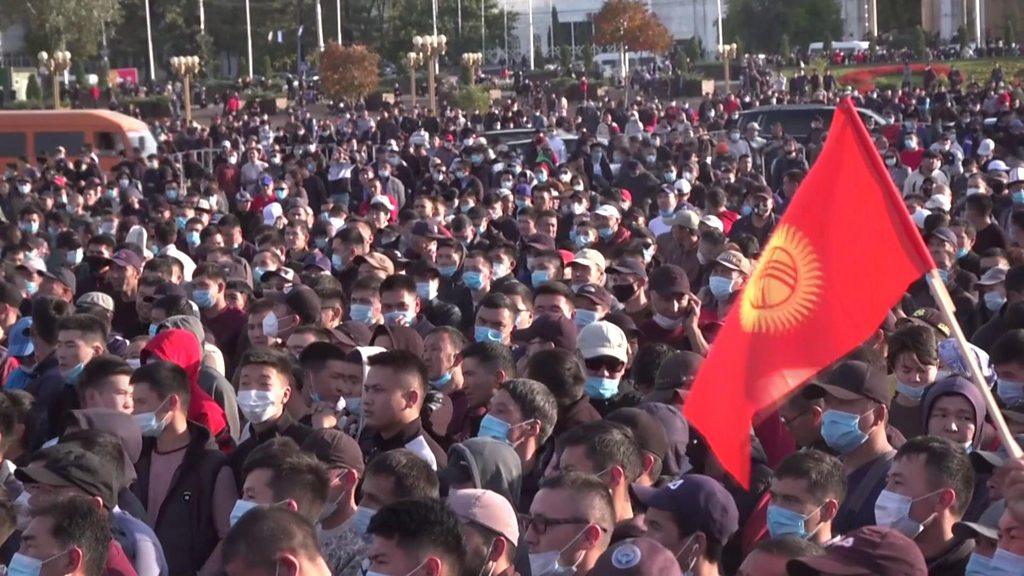
- Published26 May 2020
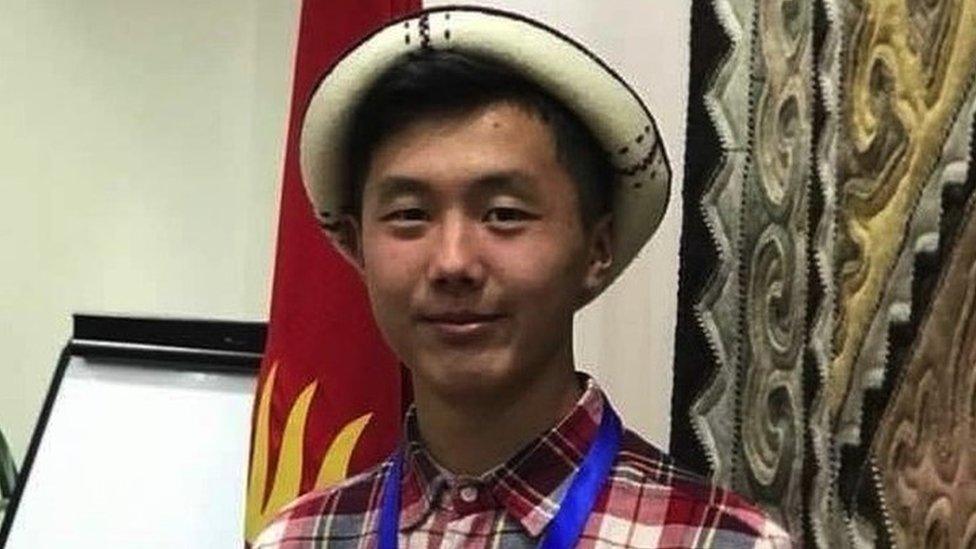
- Published17 December 2019
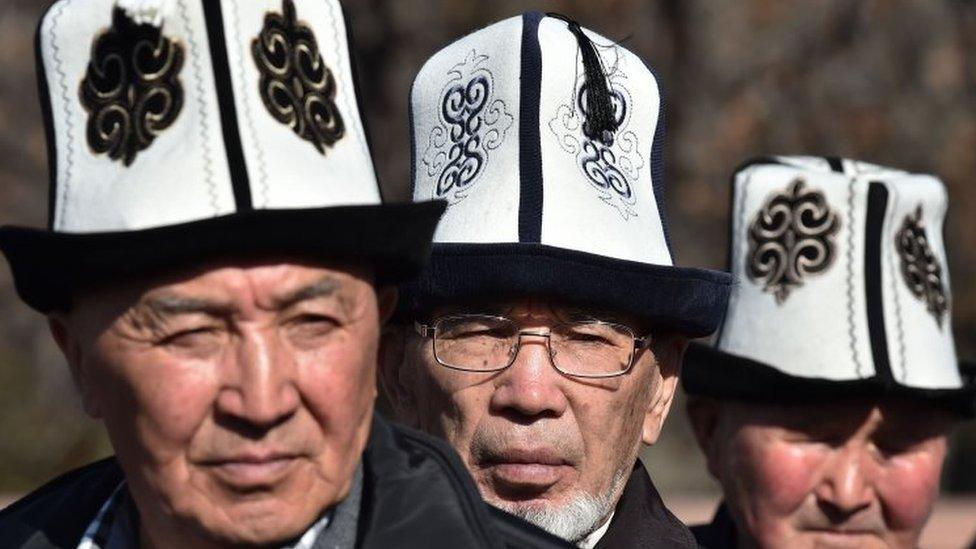
- Published3 December 2019
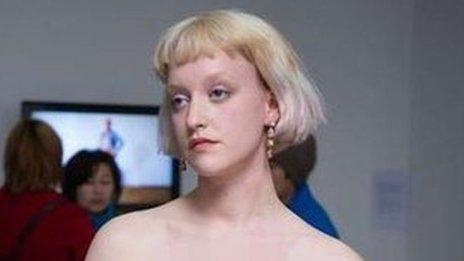
- Published26 March 2019
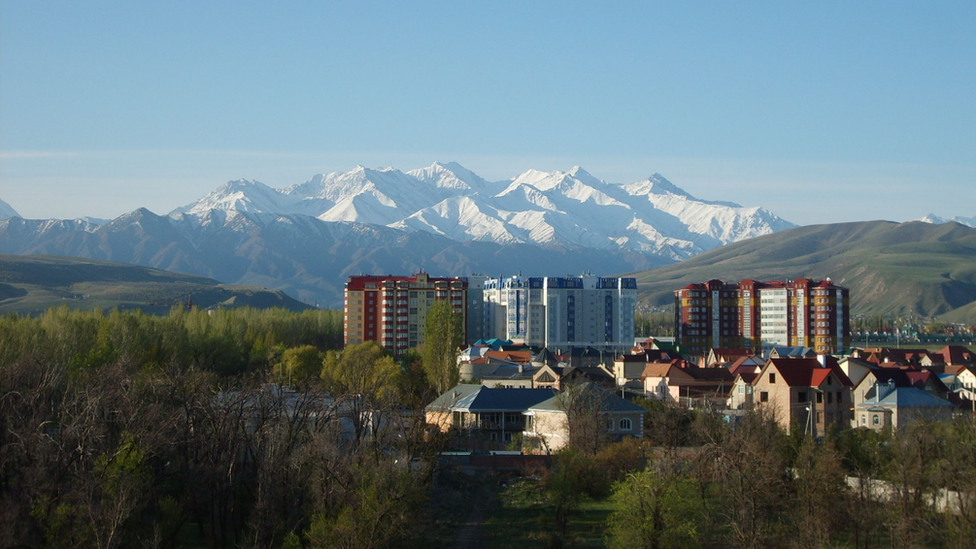
- Published24 March 2023
